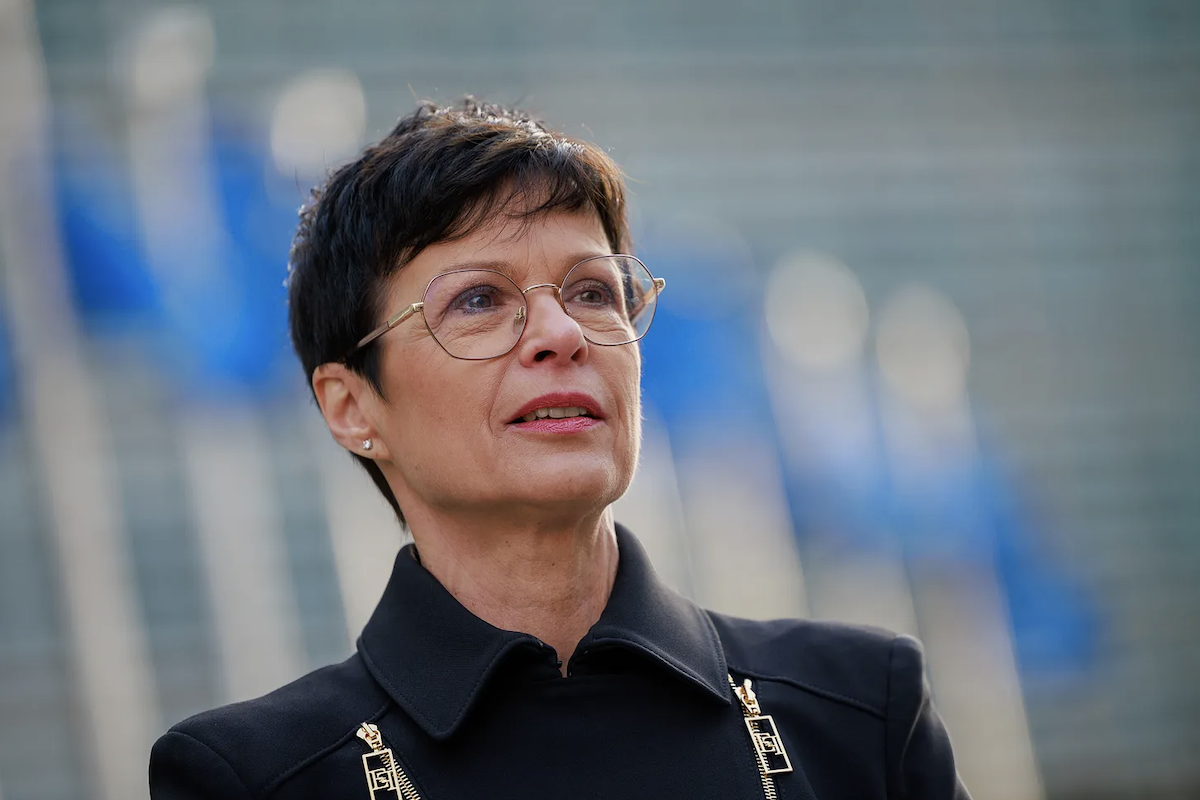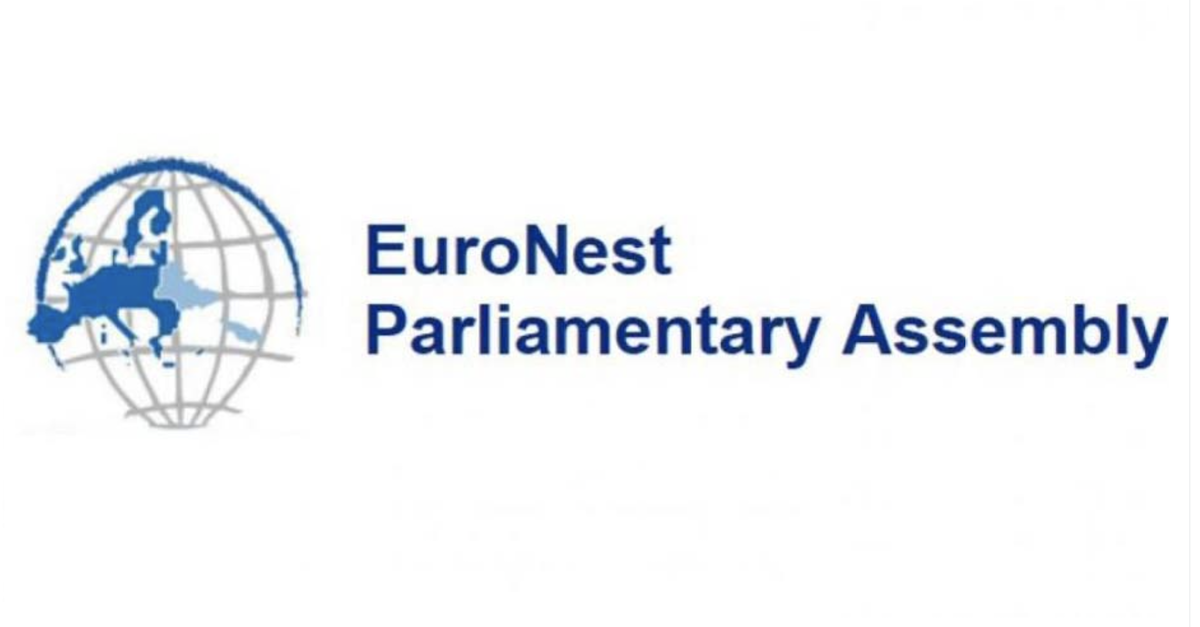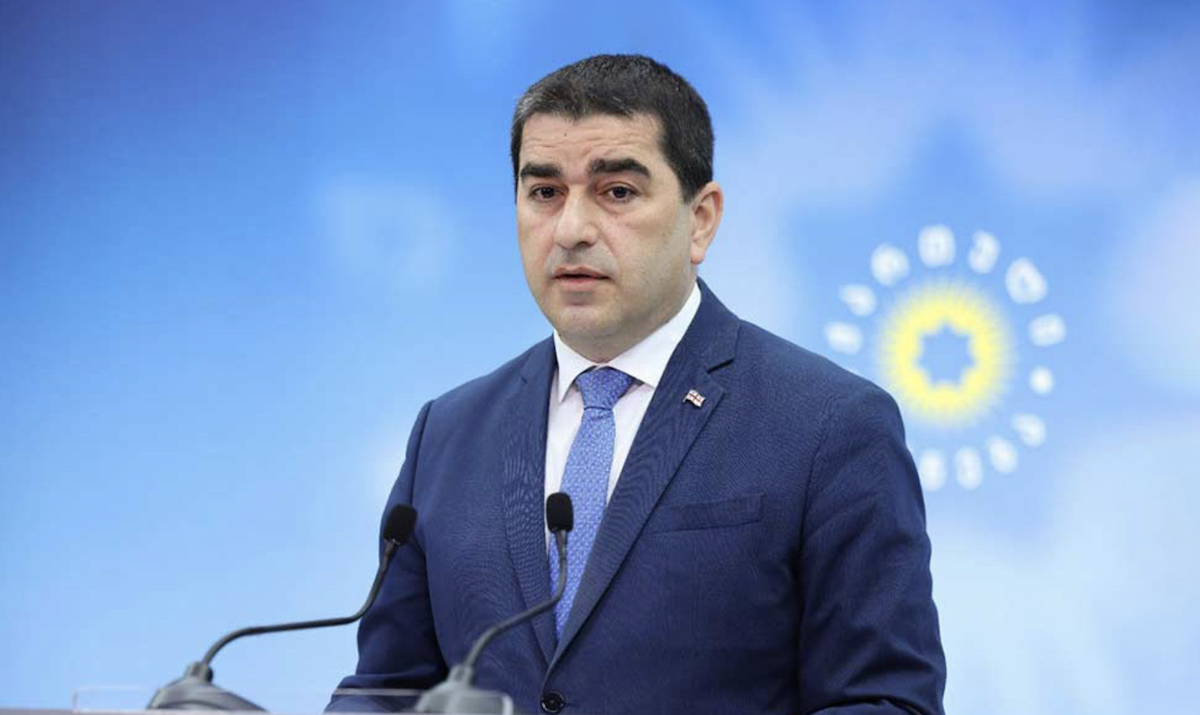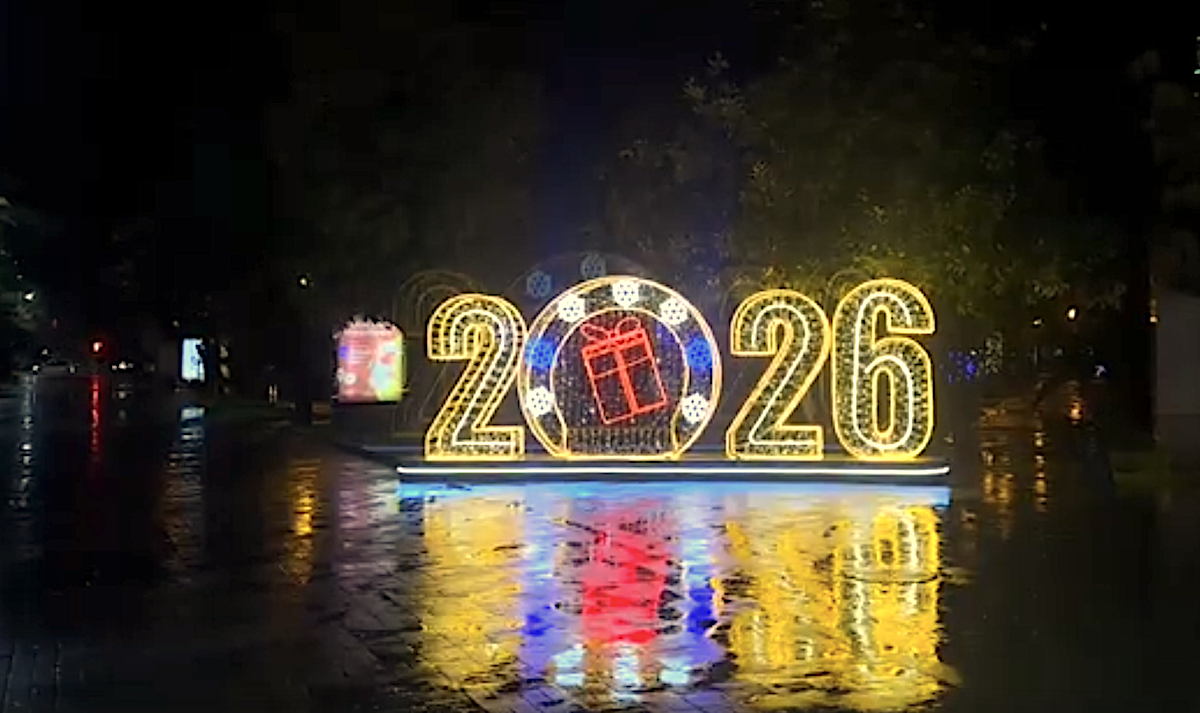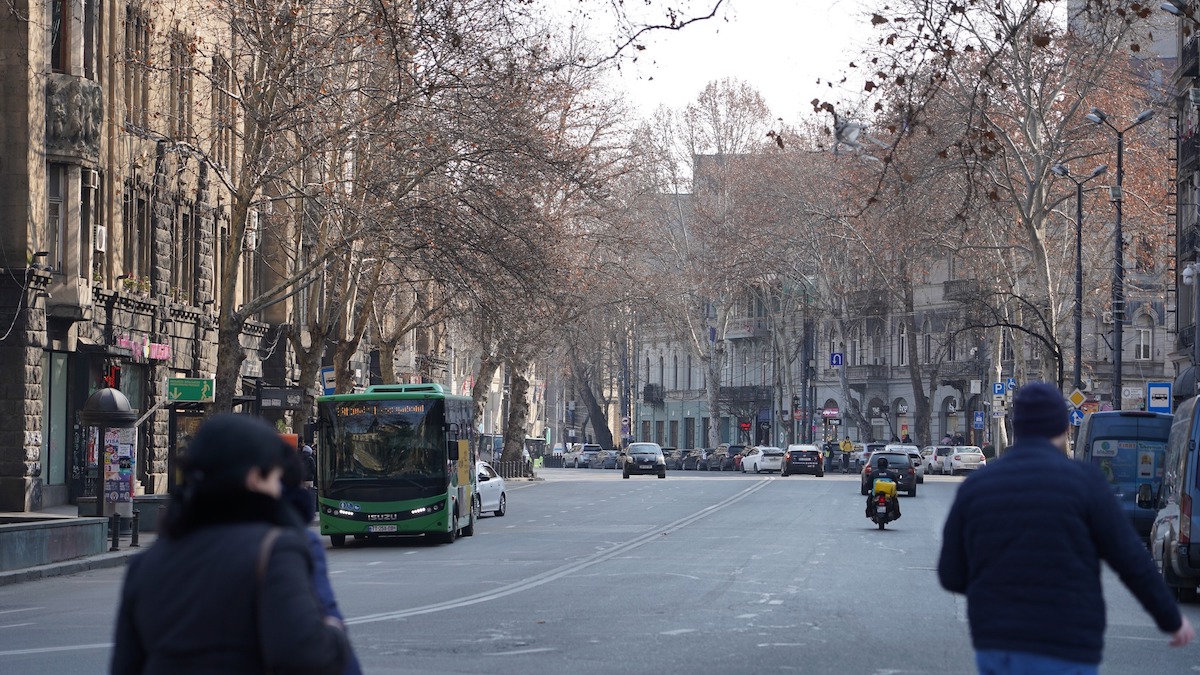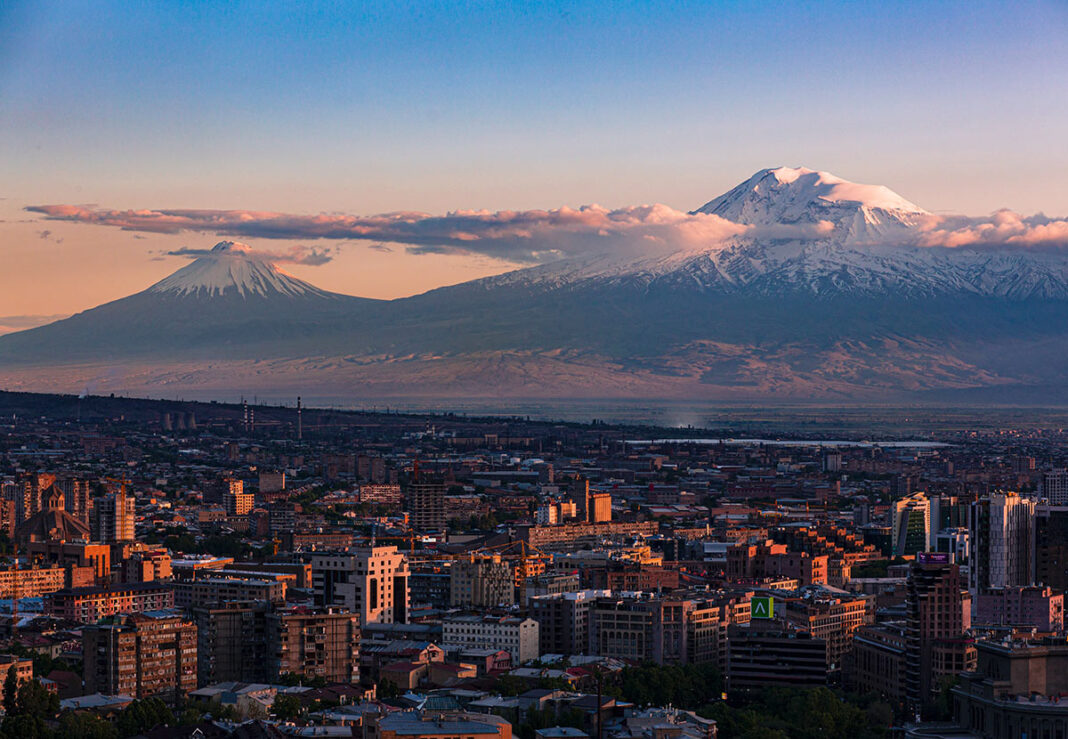European Commission report: Georgia must immediately halt its democratic backsliding
European Commission’s report on Georgia
According to the European Commission’s report on EU enlargement, Georgia’s integration process into the European Union has virtually come to a standstill over the past year.
“Following last year’s conclusion by the European Commission that the actions of the Georgian authorities had effectively suspended the accession process, and against the backdrop of Georgia’s continued backsliding, the Commission believes that in Georgia’s case, the candidate status is now only nominal,” said European Commissioner for Enlargement Marta Kos.
On 4 November, the European Commission published reports on political developments in ten countries seeking to join the European Union — Albania, Bosnia and Herzegovina, Kosovo, North Macedonia, Montenegro, Serbia, Turkey, Moldova, and Ukraine.
What report says about Georgia
● Georgia must immediately halt its democratic backsliding and take concrete actions and reforms in line with the nine steps required for obtaining candidate status, and in full accordance with the principles on which the European Union is founded.
● Following the conclusions adopted by the European Council in December 2024, the actions of the Georgian government have effectively suspended the country’s EU accession process. The democratic backsliding continues, and therefore, the Commission will refer to Georgia as a candidate country only in name. The Georgian government must demonstrate the political will to change course and return to the path toward EU membership.
● In June and October 2024, the European Council concluded that the actions of the Georgian authorities had jeopardised the country’s European trajectory and effectively suspended the accession process.
● In December 2024, the Council of Europe expressed regret over the government’s decision to suspend Georgia’s accession process to the European Union until 2028. Since then, the situation has deteriorated sharply. Georgia has experienced serious democratic regression, accompanied by a rapid decline in the rule of law and fundamental rights, which have been severely restricted.
● The authorities’ systematic repressive actions — including legislation restricting civic space and fundamental rights, interference in the work of independent media, targeted persecution of LGBTQ+ representatives, excessive use of force by law enforcement, total impunity, and hostile rhetoric toward the European Union — stand in stark contrast to EU values and the conduct expected from a candidate country.
● Moreover, there has been significant backsliding in implementing the nine steps outlined in the Commission’s recommendation for candidate status, further distancing the country from its path toward the European Union. Institutions established to uphold the rule of law have been used for partisan purposes, undermining their integrity. The authorities have taken no steps to reverse course and bring the country back toward European integration.
● The arrests of opposition leaders, combined with the ruling party’s statement of intent to ban the activities of certain opposition parties and associated individuals, constitute a direct attack on democratic pluralism.
● Georgia’s Public Broadcaster is not independent and pursues a biased editorial policy, promoting anti-European rhetoric. Ahead of the 2024 parliamentary elections, the Public Broadcaster disproportionately allocated airtime to political parties, dedicating most of its pre-election coverage (61%) to the ruling Georgian Dream party. In April 2025, in the absence of other candidates, a former senior Georgian Dream politician was re-elected as chairman of the broadcaster’s board of directors. Complaints were raised against the board and management for neglecting public interest and refusing to cover protest rallies. Several journalists were dismissed.
● Georgia remains at an early stage of preparing its judicial system for proper functioning after two years of regression: the altered legal framework undermines the independence and integrity of the judiciary and nullifies earlier reforms.
● Georgia has also regressed in its fight against corruption. The authorities have once again failed to respond to the Venice Commission’s recommendations regarding the independence and political neutrality of the Anti-Corruption Bureau.
● The European Commission calls on the Georgian authorities to repeal repressive legislative amendments, restore the independence of civil society, the media, and the judiciary, and implement the recommended priority steps to achieve meaningful progress toward EU integration.
Reaction
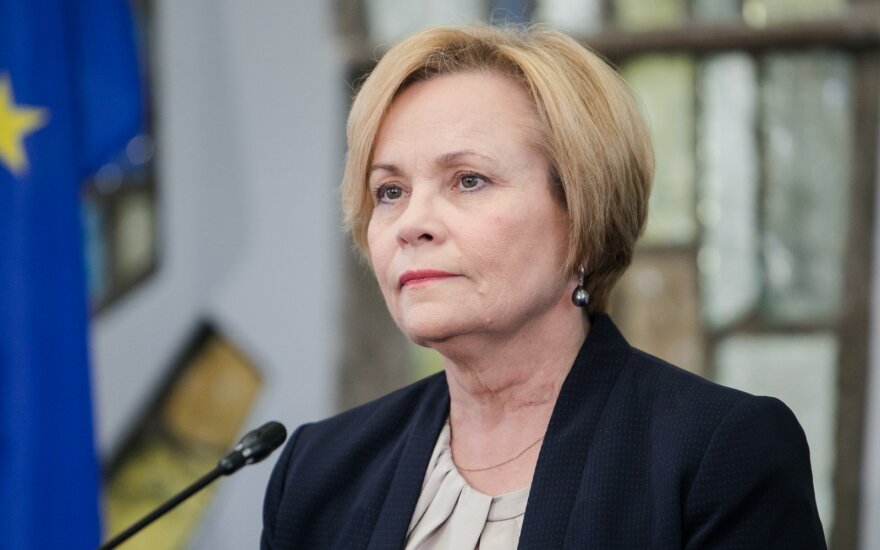
Rasa Juknevičienė, Member of the European Parliament:
“The Georgian Dream party cannot maintain its European course — it is a puppet regime of the Kremlin. The measures we can take to support the people who have been holding street protests for a European Georgia for a year now are sanctions and the suspension of the visa-free regime for those responsible.”
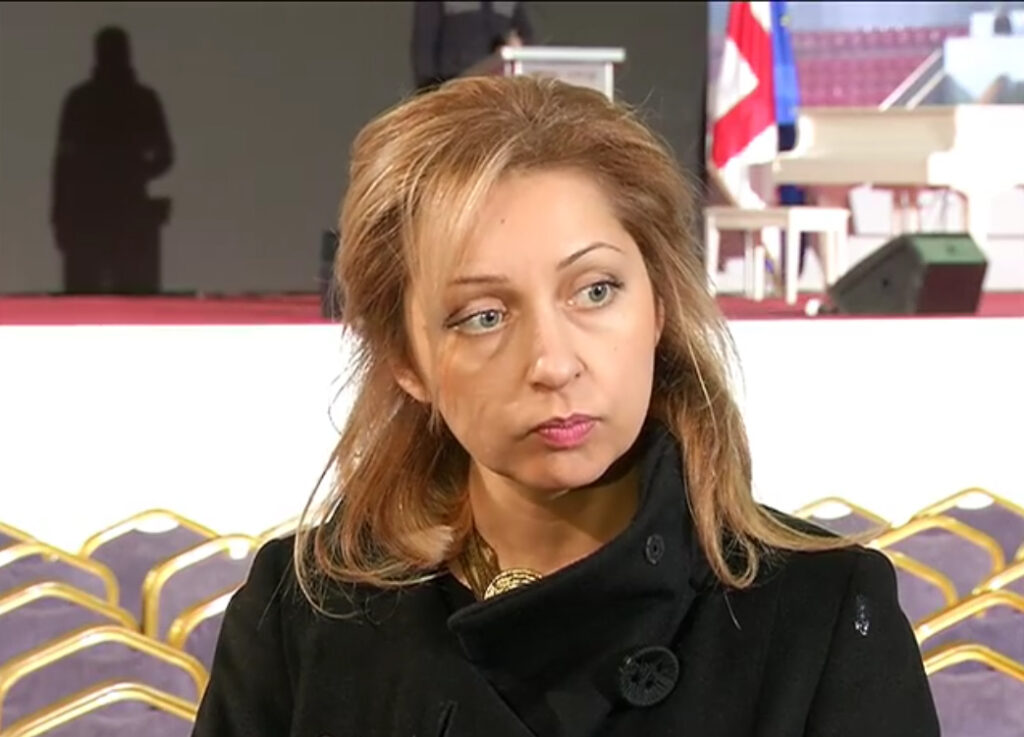
Nino Kalandadze, founder of the Chavchavadze Centre:
“The Georgian Dream is not afraid of visa restrictions because it is not an independent actor capable of making its own decisions. It takes instructions from Russia. Therefore, the suspension of visa liberalisation is not seen as a tool of pressure on Georgian Dream. It is not a preventive sanction — it is a punitive one, which we can interpret as such precisely because the European Union physically cannot accept Georgia, as this is above all a matter of its own security.”










